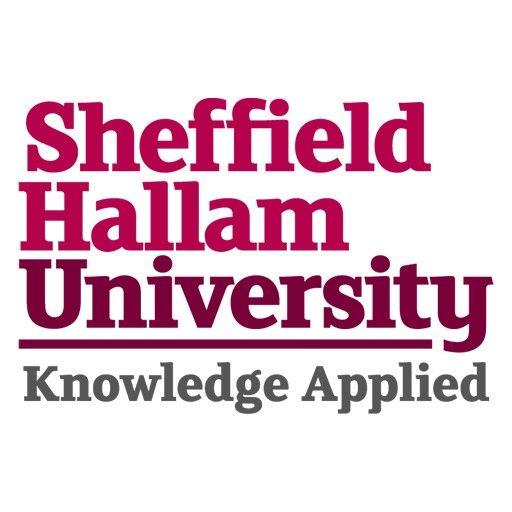
BSc (Honours) in Food and Nutrition (with Placement)
Sheffield Hallam University, Sheffield
Study Abroad
IELTS
Sign in
Sign Up


Sheffield Hallam University, Sheffield

BSc (Honours) in Food and Nutrition (with Placement)
Sheffield Hallam University, Sheffield
Sheffield Hallam University is affordable and offers value for money
Top choice of Indian students
It is a top-ranked institution in UK
Degree
Undergraduate
Duration
48
Course Type
With Co-op
Co-op education gives you real-world experience in a job related to your studies.
INR
18.11L
USD 21305
1st Year Tuition Fees
Opening Soon
GBP 28.5